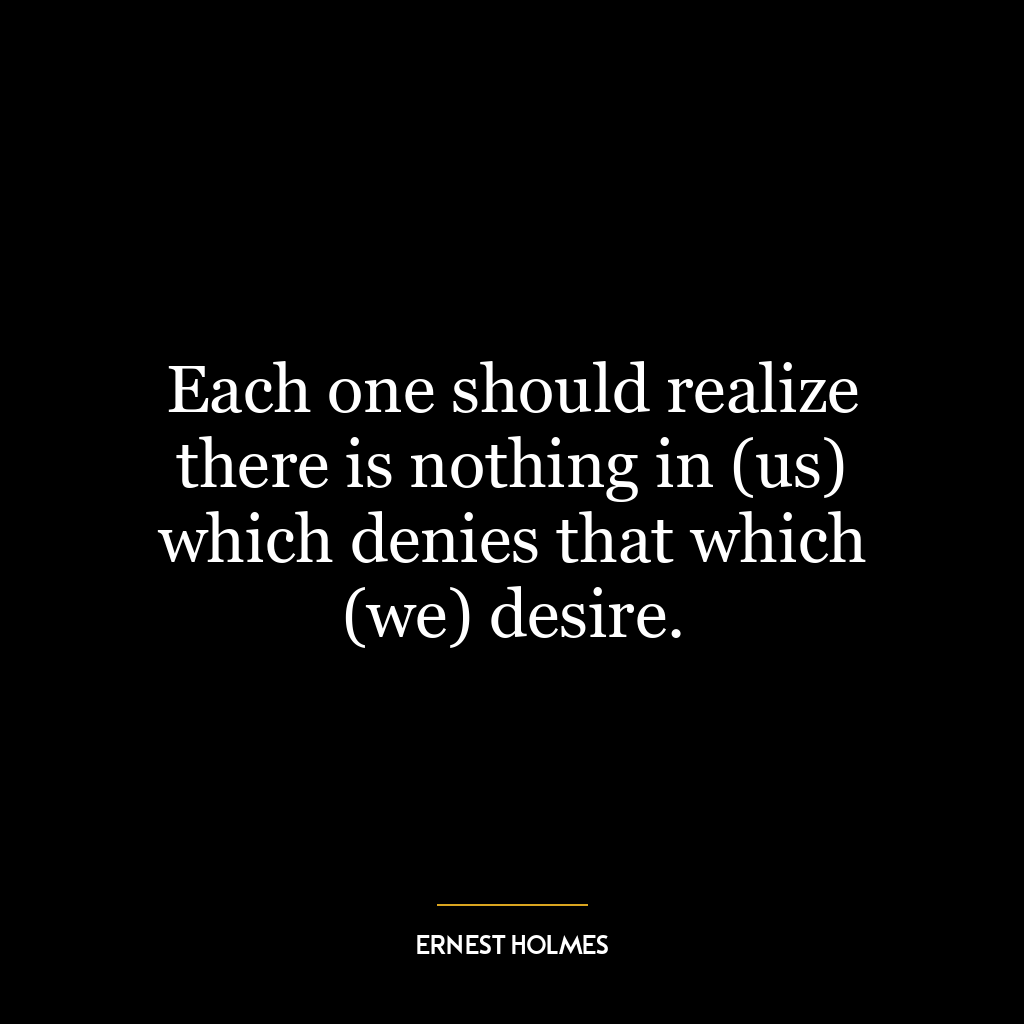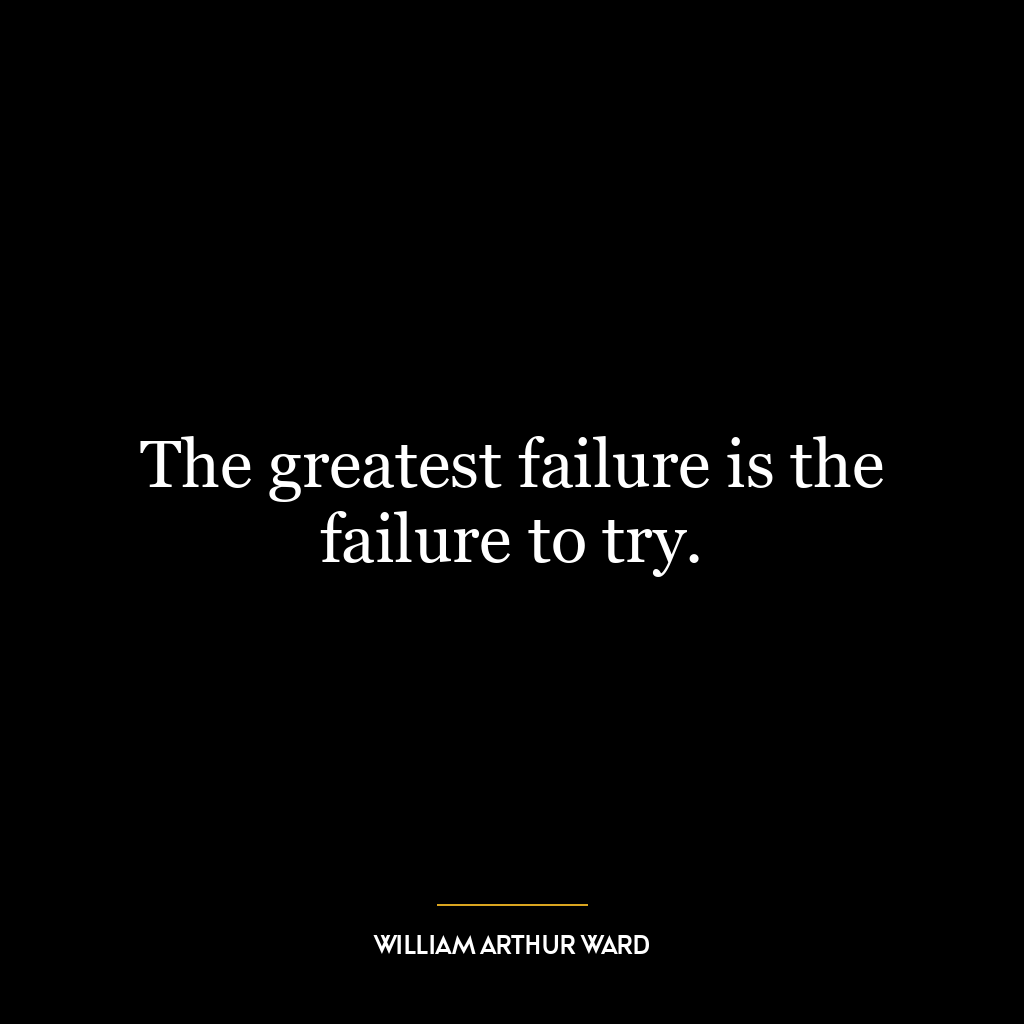Ernst Troeltsch Quotes
- Writer
- Germany
- 1865 - 1923
Ernst Troeltsch was a German theologian, philosopher, and sociologist who lived from 1865 to 1923. He is best known for his contributions to the fields of theology and sociology, particularly his work on the relationship between religion and society. Troeltsch’s most notable works include R…Read More
Ernst Troeltsch was a German theologian, philosopher, and sociologist who lived from 1865 to 1923. He is best known for his contributions to the fields of theology and sociology, particularly his work on the relationship between religion and society. Troeltsch’s most notable works include “The Social Teaching of the Christian Churches” and “The Absoluteness of Christianity and the History of Religions.” He also played a significant role in the development of the concept of cultural pluralism and the idea of historical relativism. Troeltsch’s work continues to be influential in the fields of theology, sociology, and philosophy.Read Less
Ernst Troeltsch was a German theologian, philosopher, and sociologist who lived from 1865 to 1923. He is best known for his contributions to the fields of theology and sociology, particularly his work on the relationship between religion and society. Troeltsch’s most notable works include “The Social Teaching of the Christian Churches” and “The Absoluteness of Christianity and the History of Religions.” He also played a significant role in the development of the concept of cultural pluralism and the idea of historical relativism. Troeltsch’s work continues to be influential in the fields of theology, sociology, and philosophy.
Ernst Troeltsch Career Highlights
- Education and Early Career: Troeltsch studied theology and philosophy at the University of Göttingen and the University of Erlangen, where he received his doctorate in 1889. He then worked as a pastor and lecturer in theology at the University of Göttingen.
- Professorship at Heidelberg: In 1892, Troeltsch was appointed as a professor of systematic theology at the University of Heidelberg, where he remained for the rest of his career. He also served as the dean of the faculty of theology and the rector of the university.
- Founding of the “Religion in History and Present” Society: In 1904, Troeltsch co-founded the “Religion in History and Present” society, which aimed to promote interdisciplinary research on religion and its role in society.
- Influence on the “History of Religions” School: Troeltsch’s work on the history of religions had a significant impact on the development of the “History of Religions” school, which focused on the comparative study of different religions.
- Publication of “The Social Teaching of the Christian Churches”: In 1912, Troeltsch published his most famous work, “The Social Teaching of the Christian Churches,” which examined the relationship between Christianity and society.
Key Contributions by Ernst Troeltsch
- Theology: Troeltsch’s theological work focused on the historical development of Christianity and its relationship with other religions. He argued that Christianity should be understood as a historical phenomenon, shaped by its cultural and social context.
- Sociology of Religion: Troeltsch’s sociological work explored the role of religion in society and the impact of social and cultural factors on religious beliefs and practices. He emphasized the importance of understanding religion in its social context.
- Methodological Pluralism: Troeltsch rejected the idea of a single, universal method for studying religion and instead advocated for a pluralistic approach that takes into account the diversity of religious traditions and their historical and cultural contexts.
- Influence on Max Weber: Troeltsch’s work had a significant influence on the renowned sociologist Max Weber, who was a close friend and colleague. Weber’s famous concept of the “Protestant Ethic” was heavily influenced by Troeltsch’s ideas.
What Sets Ernst Troeltsch Apart
- Interdisciplinary Approach: Troeltsch’s work was characterized by his interdisciplinary approach, which combined insights from theology, philosophy, and sociology. This allowed him to offer unique perspectives on religion and society that were not limited by the boundaries of a single discipline.
- Historical and Contextual Analysis: Troeltsch’s emphasis on the historical and cultural context of religion was a departure from the prevailing theological and philosophical approaches of his time. His work paved the way for a more nuanced understanding of religion as a complex and dynamic phenomenon.
- Reconciliation of Faith and Reason: Troeltsch’s work sought to reconcile faith and reason, arguing that both were necessary for a complete understanding of religion. He rejected the idea of a conflict between science and religion and instead saw them as complementary ways of understanding the world.
Takeaways
- Troeltsch’s work highlights the importance of understanding religion in its historical and social context. This approach has had a lasting impact on the study of religion and continues to be relevant today.
- His interdisciplinary approach serves as a reminder of the value of incorporating multiple perspectives and methods in academic research.
- Troeltsch’s emphasis on the reconciliation of faith and reason can still offer valuable insights for those seeking to bridge the gap between science and religion.
In conclusion, Ernst Troeltsch was a highly influential figure in the fields of theology and sociology, whose work continues to be studied and appreciated today. His career was marked by numerous highlights, key contributions, and unique qualities that set him apart from his contemporaries. His interdisciplinary approach, emphasis on historical and contextual analysis, and reconciliation of faith and reason make him a significant figure in the history of religious and sociological thought.







